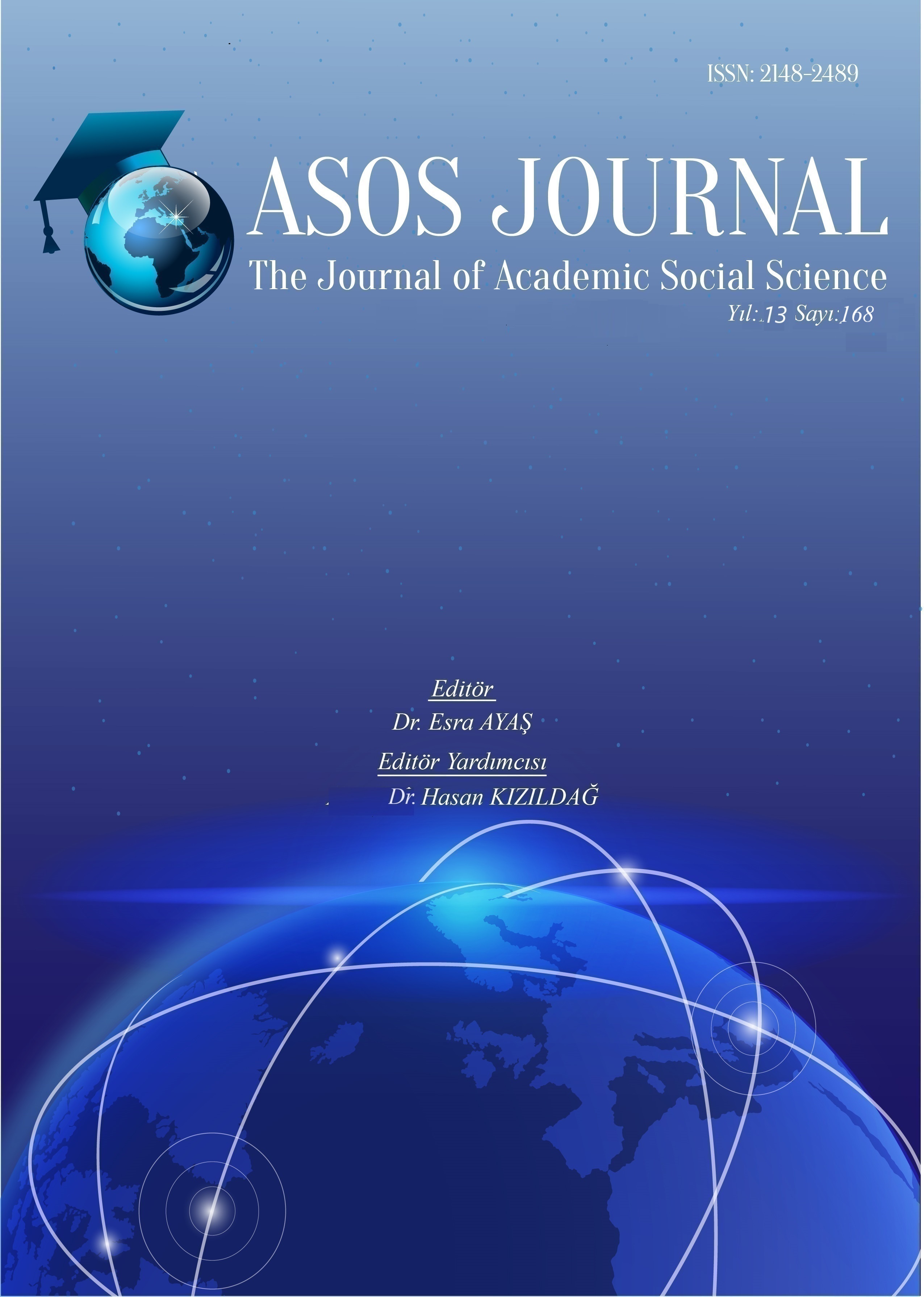DİJİTALLEŞEN MUHASEBE VE DENETİM SÜREÇLERİNDE BLOCKCHAIN TEKNOLOJİSİNİN ROLÜ: KAVRAMSAL BİR İNCELEME
Author :
Abstract
Gelişen bilgi ve iletişim teknolojileri, muhasebe ve bağımsız denetim alanlarında köklü dönüşümlere yol açmakta ve bu mesleklerin dijitalleşme süreçlerini hızlandırmaktadır. Son yıllarda öne çıkan blokzincir teknolojisi, özellikle kayıt güvenliği, şeffaflık, değiştirilemezlik ve merkeziyetsizlik gibi nitelikleri sayesinde muhasebe ve denetim uygulamalarında dikkat çeken bir alternatif haline gelmiştir. Bu çalışma, blokzincir teknolojisinin muhasebe kayıtları ve bağımsız denetim süreçlerine etkilerini teorik çerçevede incelemeyi amaçlamaktadır. Çalışmada literatür taraması yöntemiyle hem yerli hem de yabancı kaynaklardan elde edilen veriler sistematik biçimde değerlendirilmiş, dijitalleşmenin muhasebe üzerindeki genel etkileri, blokzincirin temel yapısı, muhasebe ve denetimdeki uygulama biçimleri ile Türkiye’deki mevcut durum detaylı olarak ele alınmıştır. Araştırma bulgularına göre, blokzincir teknolojisi muhasebe sistemlerinde veri güvenliğini artırmakta, gerçek zamanlı işlem kaydı ve izlenebilirlik gibi avantajlar sunarak hata ve hile risklerini azaltmaktadır. Bağımsız denetim alanında ise, denetim kanıtlarının doğruluğu, işlem geçmişinin şeffaf takibi ve akıllı sözleşmeler aracılığıyla denetim otomasyonu gibi konularda önemli katkılar sağladığı görülmektedir. Türkiye'de henüz yaygınlaşmamış olmakla birlikte, akademik ve sektörel düzeyde blokzincire olan ilginin giderek arttığı ve uygun yasal, teknolojik ve kurumsal altyapının oluşturulması hâlinde bu teknolojinin muhasebe ve denetim süreçlerine entegre edilmesinin mümkün olduğu değerlendirilmektedir.
Keywords
Abstract
The advancement of information and communication technologies has led to profound transformations in the fields of accounting and independent auditing, accelerating the digitalization of these professions. In recent years, blockchain technology has emerged as a notable alternative in accounting and auditing practices due to its features such as data security, transparency, immutability, and decentralization. This study aims to theoretically examine the effects of blockchain technology on accounting records and independent auditing processes. Utilizing the literature review method, both domestic and international academic sources were systematically analyzed. The study explores the general impacts of digitalization on accounting, the structural features of blockchain, its application in accounting and auditing, and the current situation in Türkiye. The findings reveal that blockchain enhances data security in accounting systems, reduces the risk of fraud and error through real-time transaction recording and traceability, and provides significant benefits in independent auditing by improving the reliability of audit evidence, enabling transparent monitoring of transaction history, and automating certain audit procedures via smart contracts. Although its widespread adoption in Türkiye remains limited, increasing academic and sectoral interest suggests that the integration of blockchain technology into accounting and auditing processes could become feasible with the development of appropriate legal, technological, and institutional infrastructure.





